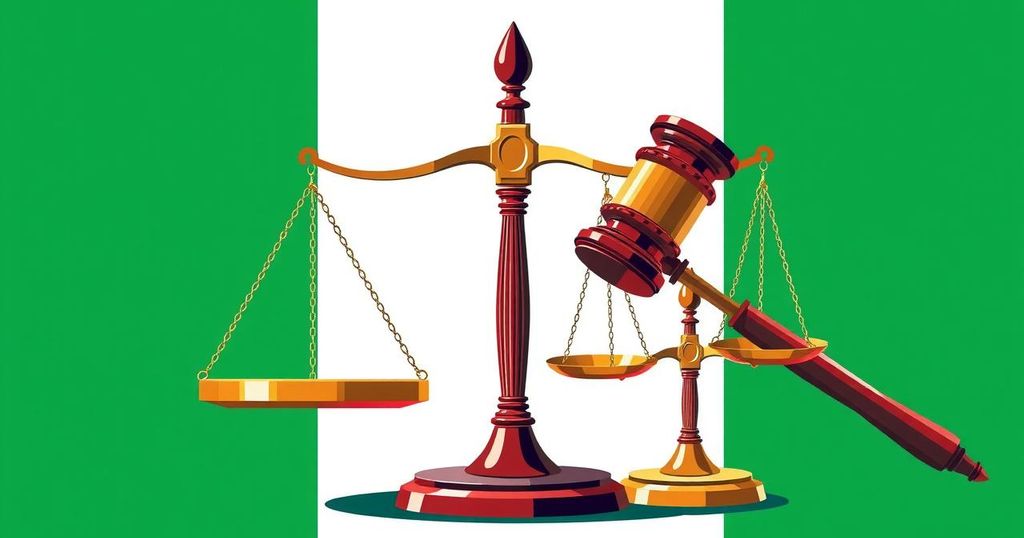Peter Obi criticizes Nigeria’s democratic system as transactional and lacking true opposition. He emphasizes the necessity of proportional representation to foster accountability and accurate electoral outcomes. Obi compares Nigeria to countries with effective opposition structures, calling for urgent reforms to uphold democratic integrity.
Peter Obi, former presidential candidate for the Labour Party, has sharply criticized Nigeria’s present democratic system, labeling it as transactional and deficient in effective opposition. His comments followed a recent parliamentary vote, which he argues revealed critical weaknesses in the nation’s democratic framework. Obi emphasized that democracy cannot flourish without a robust opposition, which he believes is essential for ensuring accountability and diverse viewpoints in governance.
In his statement released on Friday via X, Obi highlighted the absence of proportional representation in Nigeria’s legislature as a factor that undermines accountability and skews electoral results. He stated, “Where there is no functional opposition, democracy cannot thrive. Opposition is a critical pillar of any democratic system. It ensures that the right things are done, holds the ruling party accountable, and offers alternative viewpoints.”
Obi contrasted Nigeria’s political landscape with that of countries like South Africa and Indonesia, where he asserts that proportional representation enables multiple parties to retain their electoral mandates. He pointed to the African National Congress (ANC) in South Africa, which commands around 160 seats in parliament with only 40% of the vote, illustrating a more balanced representation than what is currently seen in Nigeria.
He further elaborated that in these systems, laws exist that prevent elected officials from switching parties without losing their seats, thus fostering party discipline and the integrity of electoral mandates. Obi suggested that had Nigeria adopted similar guidelines, the Senate’s composition would better mirror electoral outcomes rather than the current disproportionate representation.
Obi noted that the freedom for politicians to defect without repercussions not only dilutes opposition strength but also disregards voters’ intentions, undermining Nigeria’s democratic framework. He expressed concern that without prompt reforms to enforce party discipline and ensure equitable representation, Nigeria’s democracy would stagnate.
Obi concluded his remarks by denouncing the current system as lacking authenticity and functioning instead as a compromised entity resembling “organised criminality.” He reaffirmed his commitment to advocating for meaningful democratic reforms, pledging, “We will not surrender to criminality. We shall continue to fight for democracy—genuine democracy.”
In summary, Peter Obi has voiced strong criticisms of Nigeria’s democratic system, asserting it is transactional and lacks effective opposition. He advocates for reforms to implement proportional representation to facilitate fairer political representation and accountability. Obi’s call for change reflects a deeper concern for the integrity of Nigeria’s democracy and the need for a system that truly represents the will of the electorate.
Original Source: punchng.com






